Early Intervention: About
Early Intervention is the service offered to individuals birth to three-years-old (0 to 36 months) who are diagnosed with developmental delays and/or disabilities or are considered at risk. This may include individuals who may not be walking or talking when it would be expected for their age.
Early Intervention (EI) focuses on decreasing the effects of a delay or disability so children and families have tools to increase success as they grow and participate in their daily living activities.
Research shows that Early Intervention lessens the negative effects of a child’s developmental delay and/or disability and improves learning outcomes for that child.
The Early Intervention Model
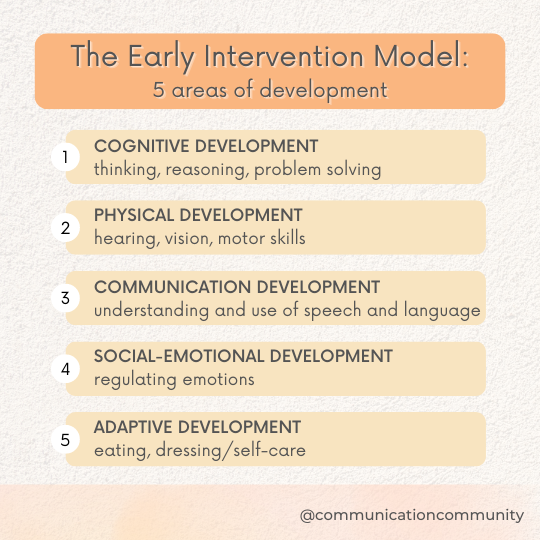
An Early Intervention program should address 5 areas of development:
Cognitive development (includes thinking, reasoning, problem solving)
Physical development (includes hearing, vision, and motor skills)
Communication development (includes understanding and use of speech and language)
Social-emotional development (includes regulating emotions)
Adaptive development (includes eating and dressing/self care)
Depending on the needs of the child and family, emphasis may be placed on one area of development more than another. For example, let’s consider a two and a half-year-old child who is not yet walking, but has a robust vocabulary, and is eager to talk. Parents of this child may express more concern about getting Early Intervention services for a delay/disorder regarding their physical development and focus less on communication development.
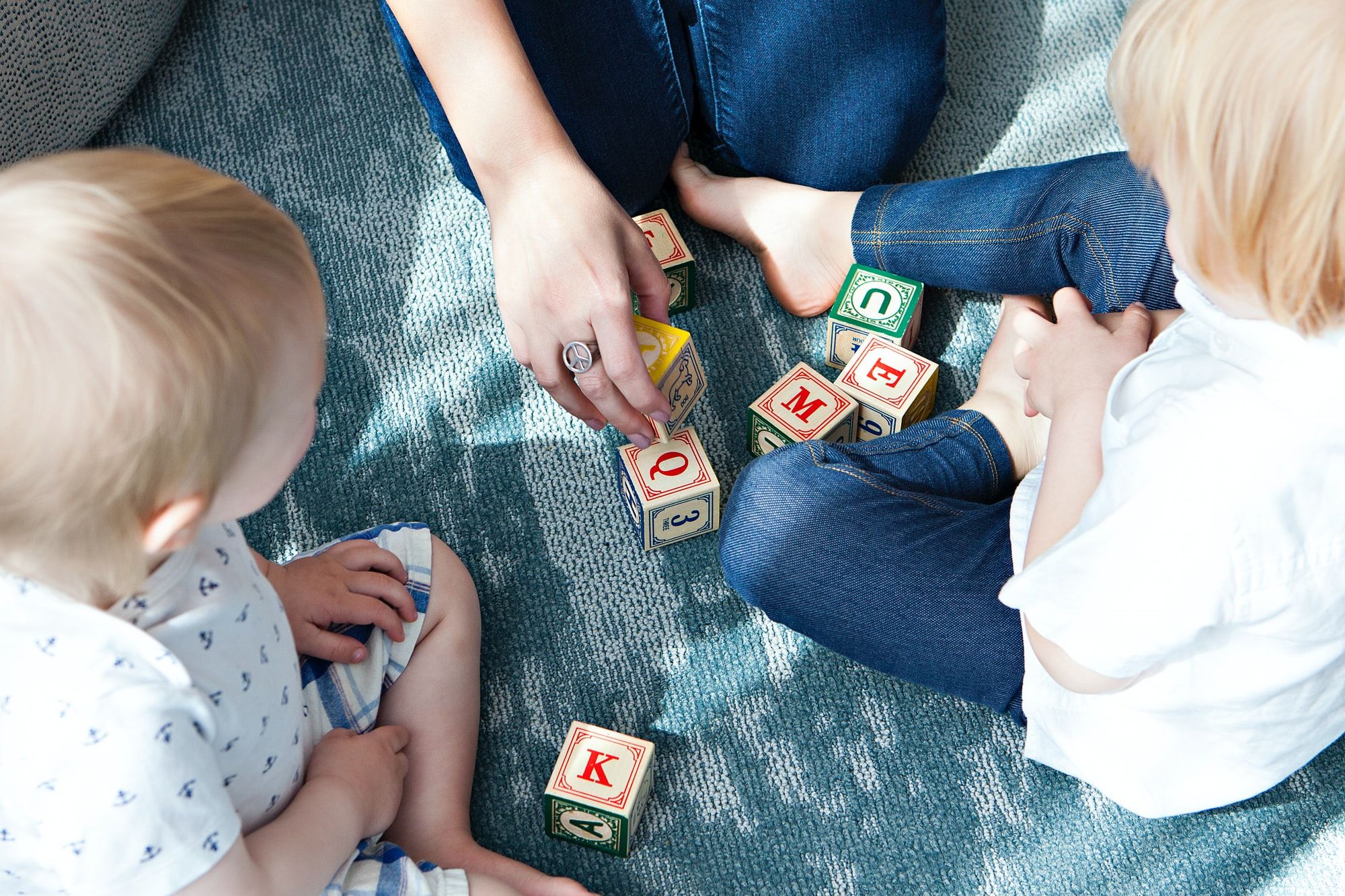

Services Included in Early Intervention
Depending on the identified developmental areas of need, early intervention services can involve:
- Speech-language therapy
- Occupational therapy
- Physical therapy
- Audiology (hearing) services
- Psychological services
- Behavioral services
- Nutrition services
- Social work services
Why is Early Intervention Important?
Research shows that Early Intervention lessens the negative effects of a child’s developmental delay and/or disability and improves learning outcomes for that child. The first three years of a child’s life are pivotal for building neural connections and foundational skills that will develop over the course of their lifespan. This may help them do better in school, establish meaningful relationships with others, and maintain healthy routines, like exercising.
Early Intervention services are designed so they are individualized for each child and family. Family is so often included because parent/caregiver participation is crucial to a child’s success in early intervention.
How Do I Know If My Child Needs Early Intervention?
Developmental milestones are tools that parents and caregivers can use to identify their child’s developmental growth or cause for concern. Within each developmental area in the Early Intervention model there are general milestones (aka - a list of skills children usually have at a certain age). This may include when a child is expected to be able to walk, dress themselves, or follow simple directions. Pediatric clinical professionals, such as your child’s pediatrician, are trained to identify these milestones and address them (as needed) during doctor appointments. They can refer your child to services; however, a doctor’s referral is not necessary to contact your state or territory’s Early Intervention program. Your state’s program will be able to provide the necessary information needed to determine if your child is eligible for services and the steps moving forward.
Click here if you would like to know more about Early Intervention services offered within your state or U.S. territory.
Where Can My Child Receive Early Intervention?
Most Early Intervention services take place in the home or wherever the child’s natural environment is. Sometimes, Early Intervention is held within the child’s daycare program, pediatric clinic, or other child-focused center.
If you would like to know more about communication-specific milestones, check out our post: Speech and Language Milestones: Birth to 5
Citations/further resources:




https://www.delcohsa.org/earlyintervention/EI_FactsforFamilies081213.pdf
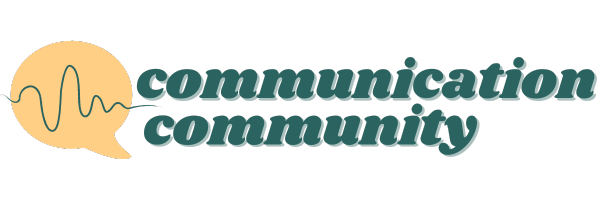
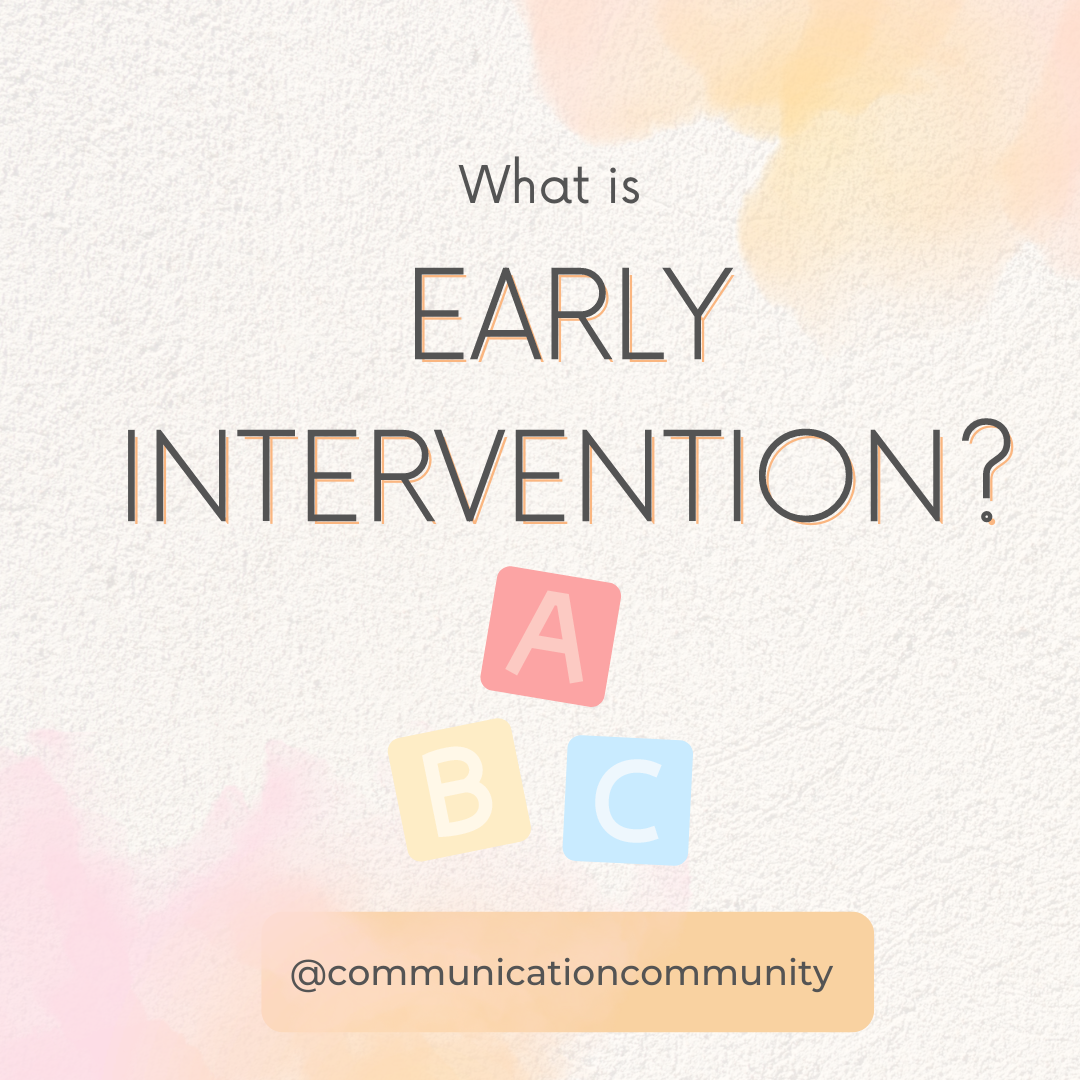


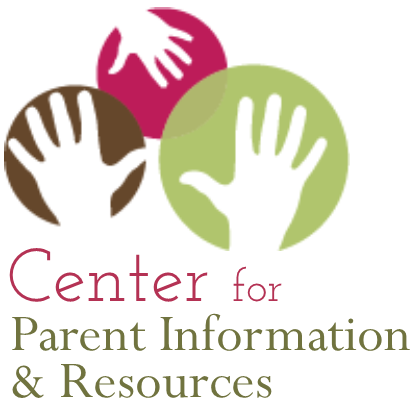
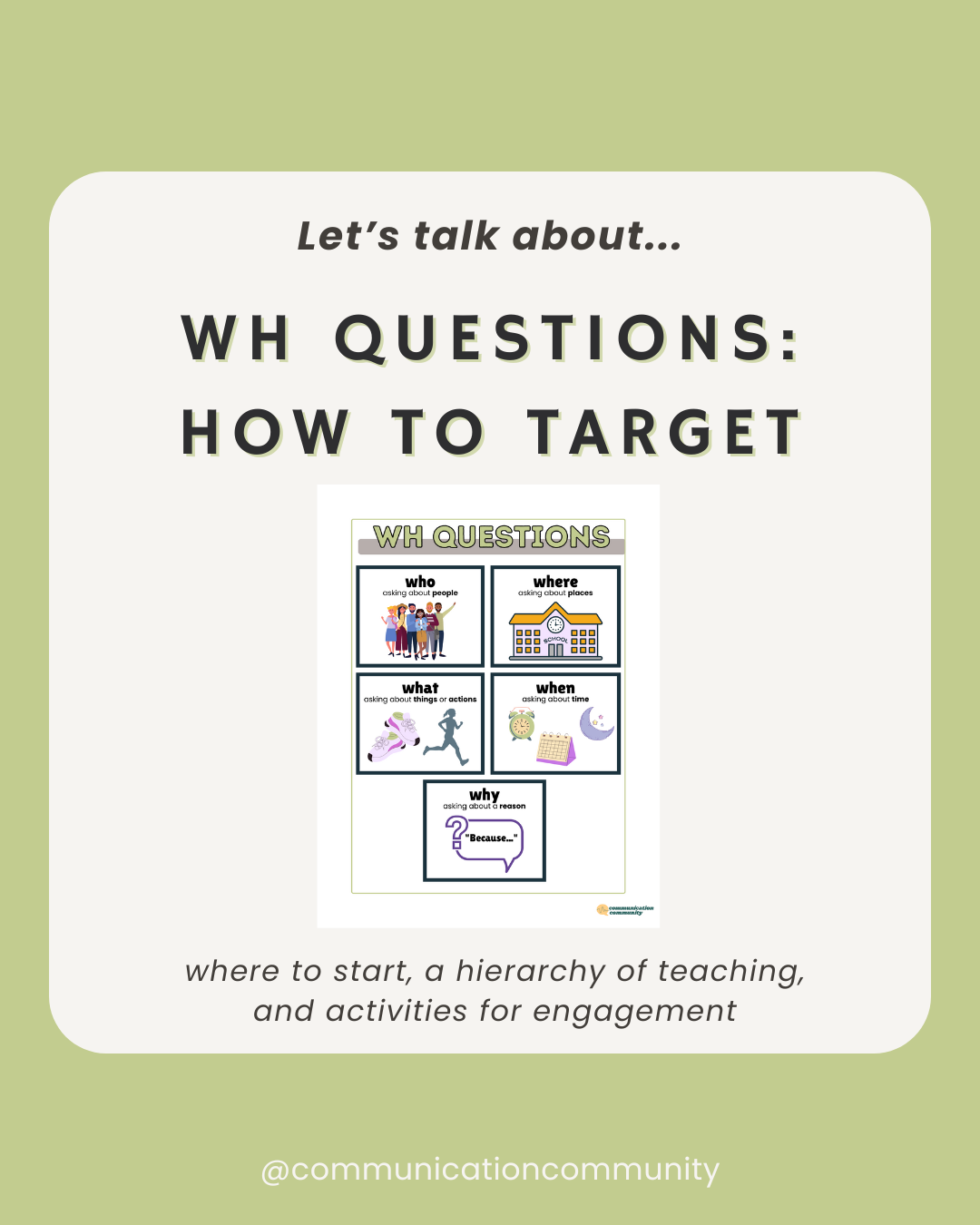
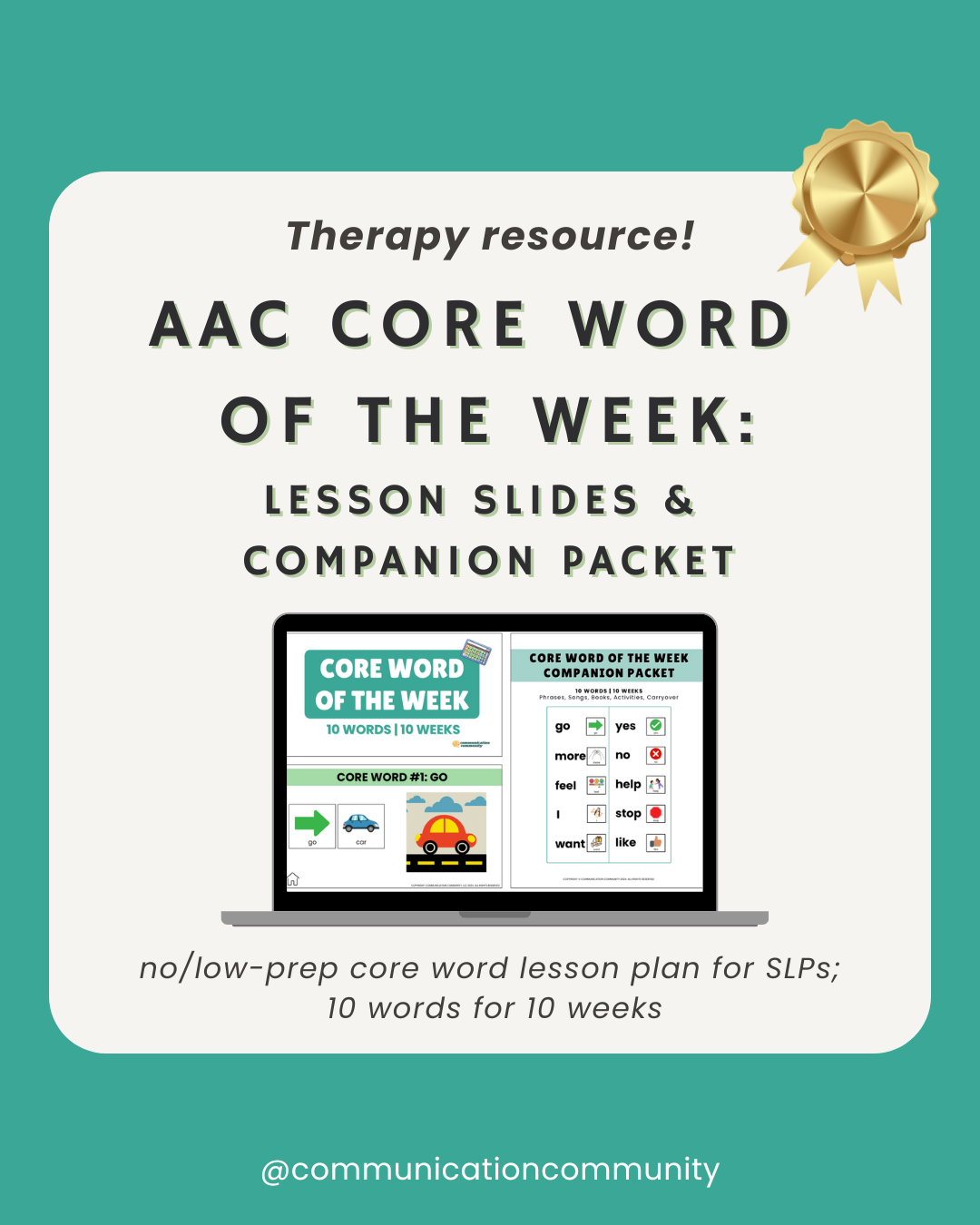
![How to Write Stuttering Goals [with goal bank]](https://www.communicationcommunity.com/content/images/2024/03/How-to-Write-Stuttering-Goals---ghost-cover--1-.png)


